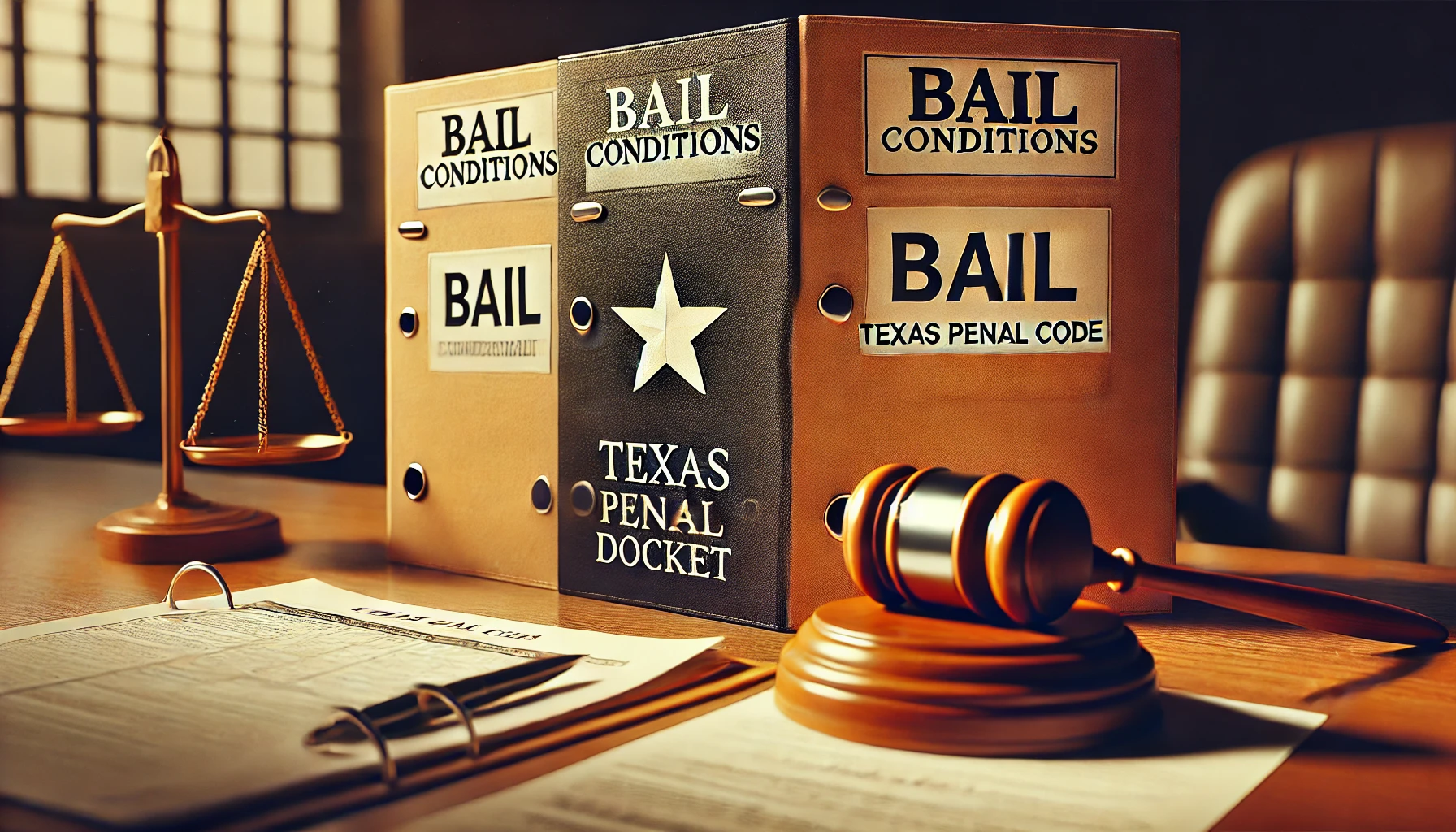

What Happens at an Arraignment or Bail Hearing After Arrest in Texas

What Happens at an Arraignment or Bail Hearing After Arrest in Texas
Facing an arraignment or bail hearing in Texas can be daunting, especially if you're unfamiliar with the process. These initial court appearances are critical junctures in the criminal justice system, setting the stage for what follows. This guide walks you through each step, ensuring you understand your rights and what to expect.LegalClarity
Understanding the Arraignment Process
An arraignment is the defendant's first formal court appearance after being charged with a crime. According to the Texas Code of Criminal Procedure, an arraignment is required in all felony cases after indictment and in misdemeanor cases punishable by imprisonment.
Purpose of the Arraignment
The primary objectives of an arraignment are:
- Identifying the Defendant: Confirming the defendant's identity.
- Reading the Charges: Informing the defendant of the specific charges filed.
- Entering a Plea: The defendant responds to the charges by entering a plea.
Timing of the Arraignment
Texas law stipulates that no arraignment shall take place until at least two entire days after the day on which a copy of the indictment was served on the defendant, unless this right is waived or the defendant is on bail. Justia Law+2Texas Statutes+2Texas Statutes+2
Entering a Plea
During the arraignment, the defendant will be asked to enter a plea:
- Guilty: Admitting to the offense.
- Not Guilty: Denying the offense and requiring the prosecution to prove the charges.
- No Contest (Nolo Contendere): Not admitting guilt but not disputing the charges.
If the defendant refuses to enter a plea, the court will enter a plea of not guilty on their behalf. LegalClarity+1Texas Statutes+1
Understanding the Bail Hearing
A bail hearing determines whether a defendant can be released from custody while awaiting trial and under what conditions.Whalen Law Office
Definition of Bail
Under Texas law, "bail" is the security given by the accused to ensure their appearance in court. This can include a bail bond or a personal bond. Texas Statutes
Setting Bail
The judge considers several factors when setting bail:Wikipedia+3TX Crim Defense+3Spangler Law+3
- Nature and Circumstances of the Offense: Seriousness of the alleged crime.
- Defendant's Criminal History: Past convictions or pending charges.
- Flight Risk: Likelihood of the defendant fleeing before trial.
- Community Ties: Employment, family, and other connections to the community.
In some cases, bail may be denied, especially if the defendant poses a significant risk to public safety or is charged with a capital offense.LegalClarity+1Wikipedia+1
Types of Bail
- Cash Bail: Full amount paid in cash.
- Surety Bond: A bail bondsman posts bail for a fee.
- Personal Recognizance (PR) Bond: Defendant is released based on a promise to appear in court, without paying bail.Law Office of Case J. Darwin Inc.+3Houston Chronicle+3Randall Isenberg+3
Rights and Legal Representation
At both the arraignment and bail hearing, defendants have the right to legal representation. If they cannot afford an attorney, one will be appointed. It's crucial to have legal counsel during these proceedings to ensure that rights are protected and to advocate for reasonable bail conditions.
What to Expect After the Hearings
Following the arraignment and bail hearing:
- Pretrial Proceedings: Including discovery, motions, and plea negotiations.
- Trial Preparation: If the case proceeds to trial, both sides will prepare their arguments and gather evidence.
- Compliance with Bail Conditions: Defendants released on bail must adhere to all conditions set by the court, such as attending all court dates and avoiding contact with certain individuals.Justia Law+3Texas Statutes+3Wikipedia+3
Conclusion
Navigating the arraignment and bail hearing process in Texas is a critical step in the criminal justice journey.Understanding what to expect can alleviate some of the stress and uncertainty. It's essential to seek competent legal representation to guide you through these proceedings and advocate on your behalf.


